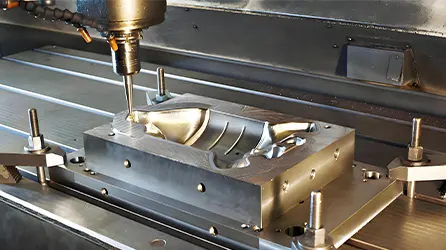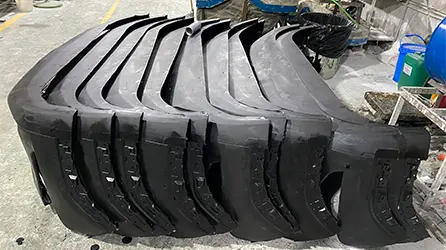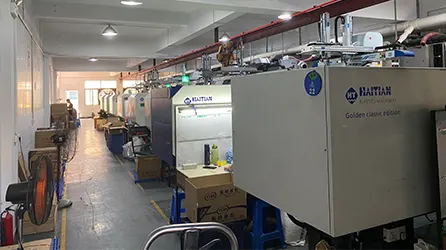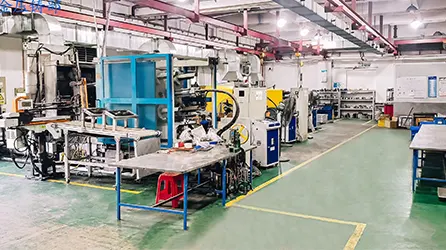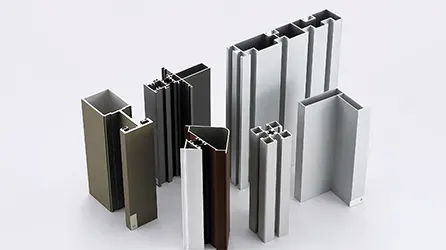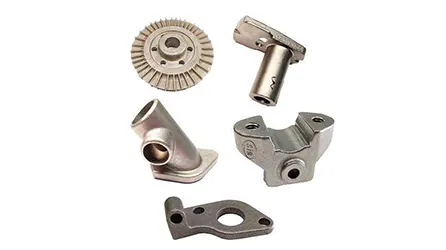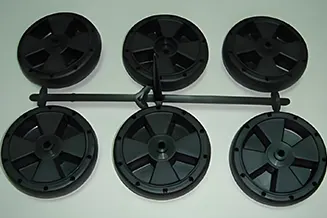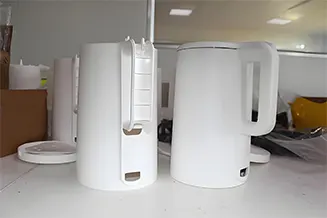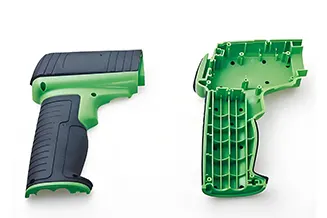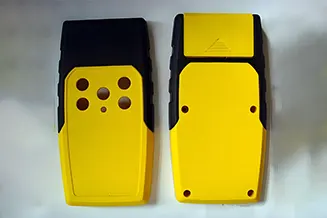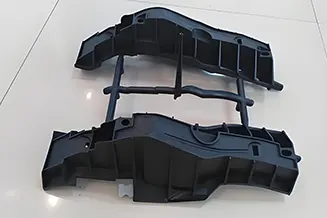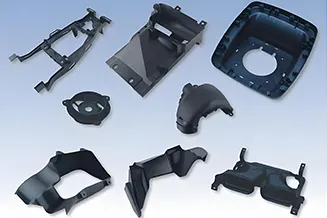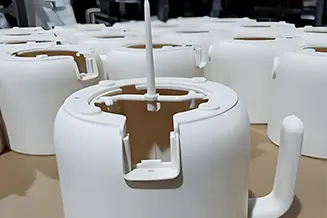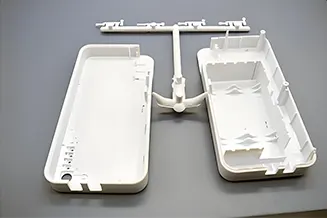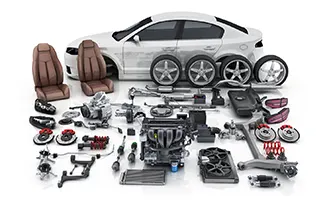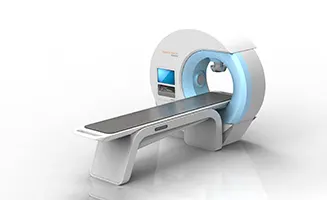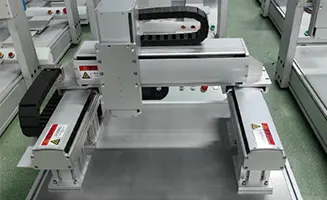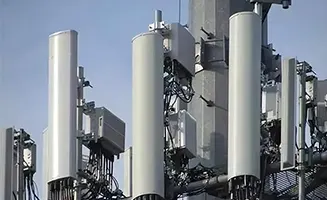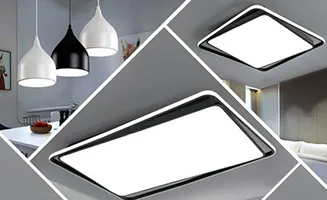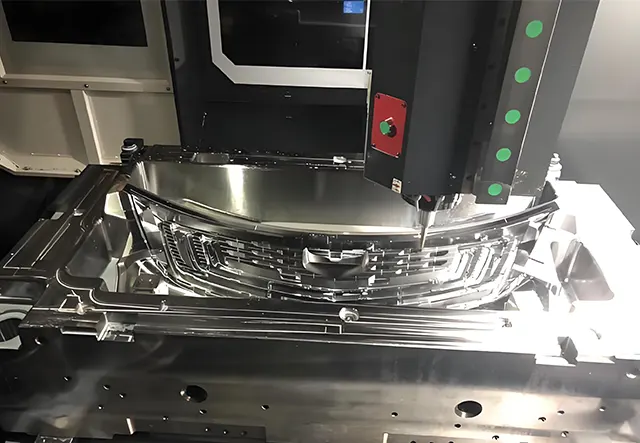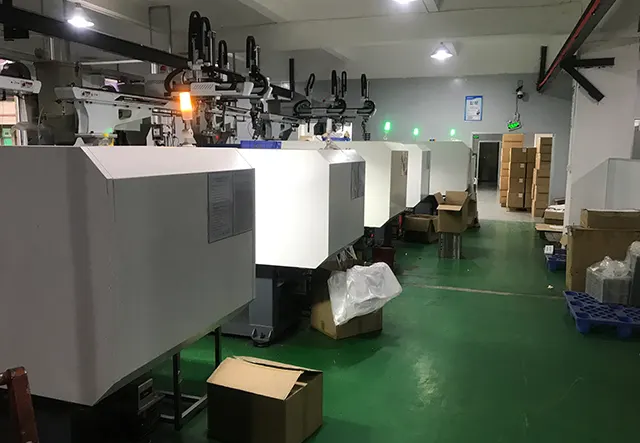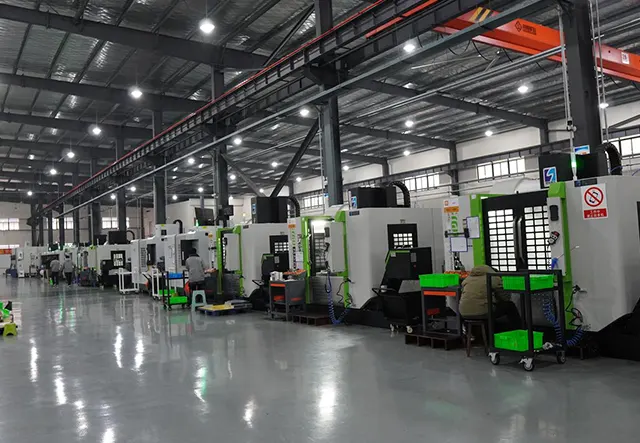Plastic Injection Molding
Plastic injection molding is a plastic molding process that injects molten plastic into the mold cavity and cools and solidifies to obtain a plastic product of the desired shape. The process includes heating and melting plastic particles, high-pressure injection, cooling and shaping, and product demolding. Plastic injection molding is widely used in industries such as automobiles, home appliances, medical equipment, and consumer electronics, and can produce plastic parts with complex shapes and high precision.
- Flexibility and responsiveness to meet your specific needs
- Increase your profitability & lowering production costs
- High-quality production of unique or custom products
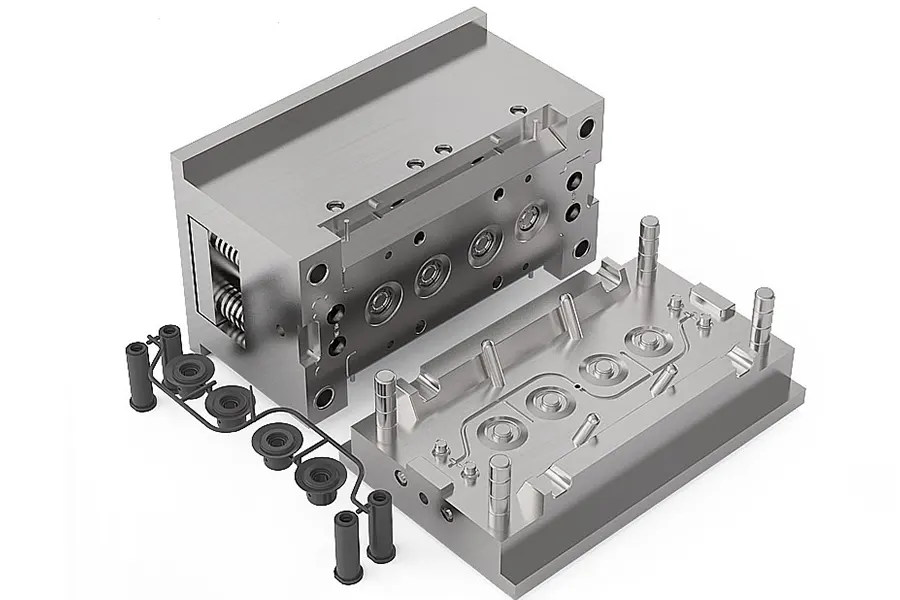
- Overview
- Feature
- Materials
- Finishes
- Why Choose Us
- Resources
High-Quality Plastic Injection Molding Solutions
From Prototyping to Production
Plastic injection molding is a process where molten plastic is injected into a mold, cooled, and solidified to form a plastic product. It involves heating, melting, high-pressure injection, cooling, and demolding.
Rapid Production in Mold Making and Injection Molding
We offer expert mold design, followed by efficient injection molding to produce prototypes or large production runs.With advanced technology and a focus on cost-effectiveness, we ensure the production of durable, accurate components tailored to your needs.

Plastic Injection Molding Materials
Plastic Injection Molding uses materials like polypropylene (PP), polyethylene (PE), ABS, polycarbonate (PC), and polyurethane (PU). These materials are chosen for their strength, flexibility, chemical resistance, and heat tolerance, enabling the production of durable, high-quality parts for automotive, electronics, medical, and packaging industries.
We can source any other materials upon request! If you don’t see the material you need please contact us
Why Choose Us?
Support Precision Manufacturing specializes in rapid prototyping, CNC machining, milling, turning, vacuum casting, mold development, and injection molding. We offer seamless solutions from prototype to mass production, ensuring fast, high-quality results at competitive prices to enhance your brand.
- Can make up for the risk of large capital investment before mass production.
- Diversified production materials and styles.
- Customers can grasp the production details at any time, and understand the production progress at any time.
- Some other features can be added to the parts in production, which are not restricted by the mold.
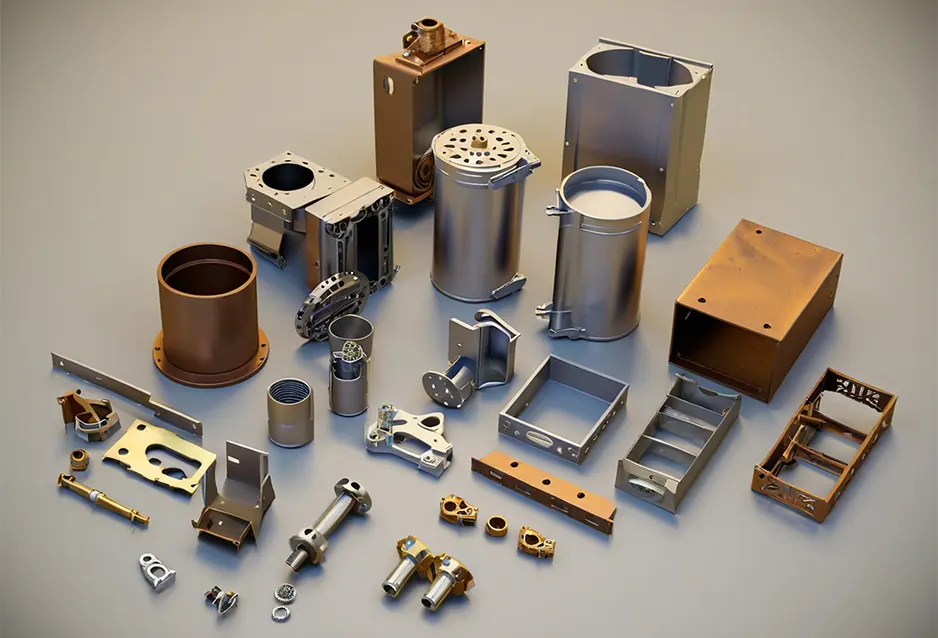
Industry Application
We manufacture millions of parts for a variety of applications, providing best-in-class products for different industries: Automotive, Medical, Robotics, Automation Equipment, Communications, Consumer Electronics, LED Lighting etc.
FAQs
What is your CNC machining capacity (how many machining machines do you have)?
What is the minimum accuracy of your CNC machining?
Is there a minimum order quantity (MOQ) for CNC machining?
What materials are CNC machining used for?
What are the advantages of CNC machining?
What are the application areas of CNC machining?
How long does it take to receive a part after an order is placed?
Manufacturing Resources
Start production of your parts today


